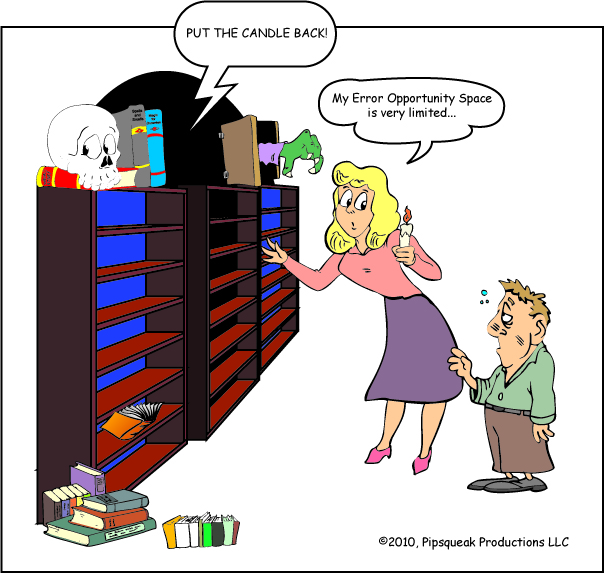Gill, V. (2010). “Singing ‘Rewires’ Damaged Brain.” BBC World News. Visited on 24 June 2010. http://news.bbc.co.uk/2/hi/science/nature/8526699.stm Summary: This article discusses how singing can teach stroke patients to recover their speech abilities. Singing uses a different part of the brain than the areas that involve speech. The idea is that if the “speech center” of the brain is damaged patients can use their “singing center.” Already established as a medical technique, “melodic intonation therapy” was further studied by the Beth Israel Deaconess Medical Center and Harvard Medical School with the findings presented to the American Association for the Advancement of Science. Using medical technology to scan the brain doctors were able to deduce that most speech took place on the left side of the brain, but melody and singing took place on the right side. This study is one of many larger studies examining the general effects of music and the brain. Dr Nina Kraus, a neuroscientist from Northwestern University, has concluded that musical training is an important part of children’s education. This article is important because many people have experienced or know someone who has experienced a stroke. Reading this article may prompt further investigation for those affected to seek…
Errors
Conceptual Design, Contributor, Errors, Ethnographic & User Data, Interaction Design, Interface Design, Product Design Strategy, Users
Men are bigger liars than women, says poll
by Bianca •
BBC News Staff, (2008). “Men are bigger liars than women, says poll.” BBC News Channel, Visited June 23 2001. http://news.bbc.co.uk/1/hi/health/8689010.stm Summary: The article discusses a survey that was conducted in Britain, pertaining to lies told by men and women. The survey, which was conducted by The Science Museum using 3000 participants, suggests that in general, men tell more lies than women and feel less guilty about it. While the average British man is likely to tell three lies each day, the average British women is likely to tell only two. As a group, it is ‘mothers’ who are most likely to be lied to. The top lie told by men is ‘I didn’t have that much to drink’, while the top lie told by women is ‘nothing’s wrong, I’m fine’ – which happened to be the second most popular lie among men. So while men tend to lie about drinking habits, it is both genders who seek to hide their true feelings. Both sexes shared a common tenth most popular lie, being, ‘it’s what I’ve always wanted.’ Certainly, this fib is relevant when we consider who gifts are received by each sex. Women generally feel more guilty about lying, with…
Conceptual Design, Contributor, Errors, Ethnographic & User Data, Interaction Design, Scaffolding, Users
On ‘Feeling Grumpy Is “Good for You”‘
by Maria L •
BBC Staff (November 5th, 2009). “Feeling Grumpy Is «Good for You»” Retrieved 26th June, 2010. http://news.bbc.co.uk/2/hi/8339647.stm Summary: Being grumpy can enable us to access an entirely different range of skills apparently. According to Professor Joe Forgas, an Australian researcher at the University of New South Wales, «Negative moods trigger more attentive, careful thinking, paying greater attention to the external world». He conducted a series of experiments with a random group of people, asking them to watch a random collection of movies while simultaneously imagining an instance in their life that made them happy or sad, hence affecting their mood. He then ran a series of tests on the subjects, ranging from simple observational skills to judging the truth of myths and urban legends to see what effect the mood would have on their performance. The results supported Forgas’s theory:- those in a bad mood were able to communicate better and made fewer mistakes than those in a good mood. Test results also showed that sad people were better able to state their cases through written arguments, supporting the Professor’s theory that «whereas positive mood seems to promote creativity, flexibility, co-operation and reliance on mental shortcuts, negative moods trigger more attentive,…
Cognitive Blindness, Errors, Ethnographic & User Data, Pipsqueak Articles, Users
Cognitive Blindness: Super-recognizers
by Olga Werby •

Health Check, the BBC World Service’s weekly round up of global health stories, did an audio broadcast on super-recognizers—people with extraordinary abilities to recognize faces. You can listen to the entire story by Claudia Hammond at http://news.bbc.co.uk/2/hi/health/8665805.stm This story deals with differences in ability to recognize faces. There are people who are so bad at it that it is a pathology—when a mother can’t recognize her child among the pupils in the day care center, it’s more than inconvenient. Then there are all those embarrassing moments when you meet someone at a party for what you think is the first time only to have that person insist that you’ve met before. And the far end of the continuum, there are the super-recognizers—individuals that never forget a face even after a very brief interaction. We only now recognize the fact of super-recognizer, because most of us are not too bad and not too good at facial recognition—we are mostly average. And our average ability to recognize faces limits our ability to spot people who could do better. We were experiencing cognitive blindness—inability to perceive cognitive differences in abilities of others. And super-recognizers, similarly, didn’t know that they were somehow different from…
Cognitive Blindness, Conceptual Design, Errors, Interaction Design, Interface Design, Pipsqueak Articles, Scaffolding, Users
Error Opportunity Space
by Olga Werby •

Confronted with one “True or False” question, an individual has a very small error opportunity space: three. There are three possible responses: true, false, or no answer. “No answer” will always be wrong, a betting man should choose one of the possible answers. But unfortunately situations where the error opportunity space is so narrow are rare. And in the real world, dealing with real problems, these spaces tend to be very large. Note that the size of the error opportunity space, EOS, makes no representations about the consequences of getting the problem right or wrong (or partially right or wrong). When the stock market tanked on May 7th, people involved in that process had a very large EOS. A week out, experts and participants are trying to figure out what went wrong and how to limit similar incidents in the future—they are trying, in effect, to drastically reduce the error opportunity space. This is a job of product designers. By analyzing the goals of the users and the system’s constraining variables, we can come up with conceptual design, interaction design, and interface design that would address the problems that were exposed on May 7th. Coming up with a solution is…
